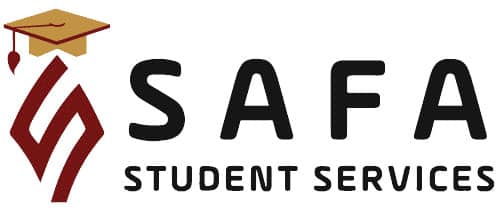Tag: Study in Turkey
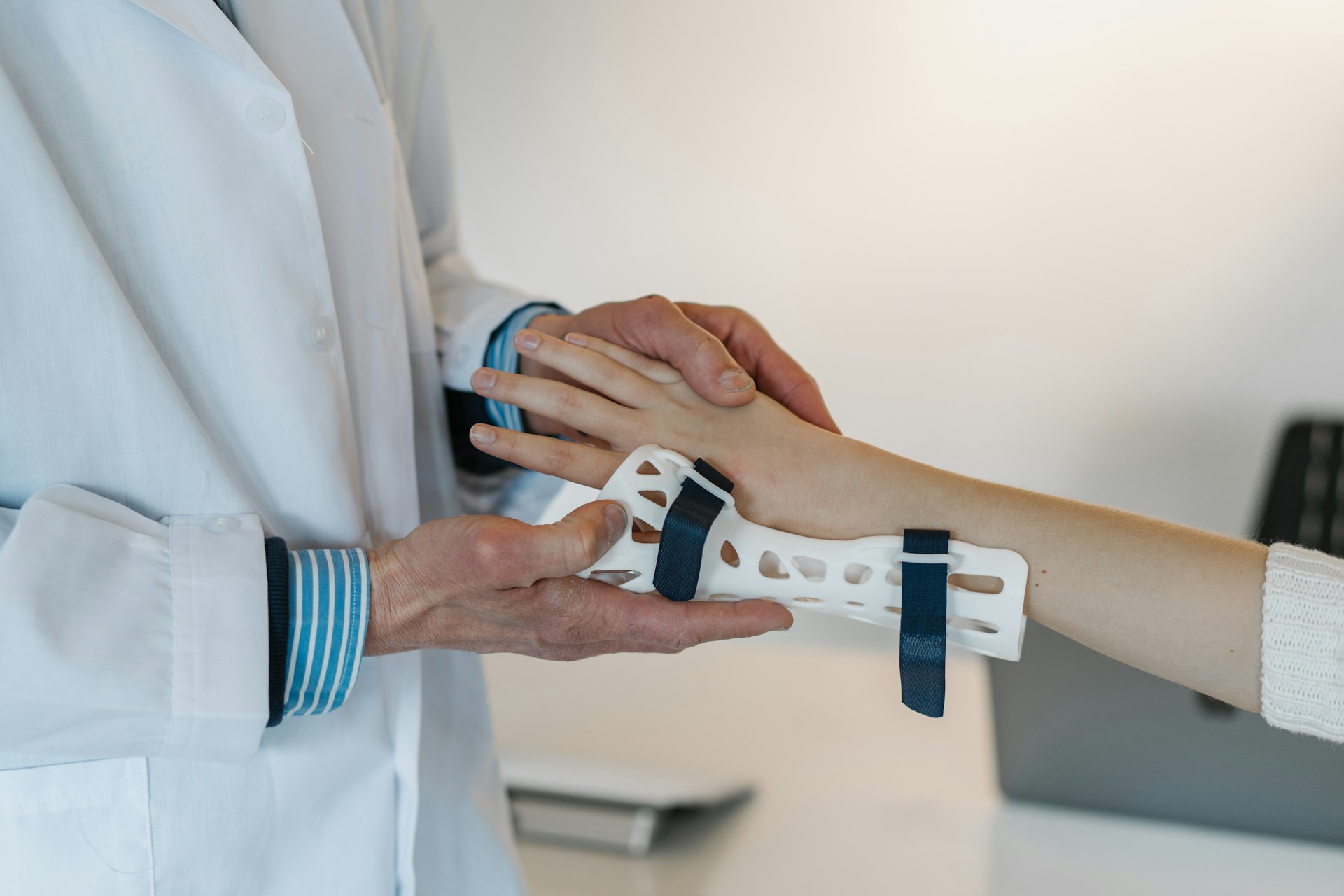
Know in Detail the Prices for Studying Physical Therapy in Turkey
The world is witnessing a significant increase in the demand for physical therapists, making this…
Read More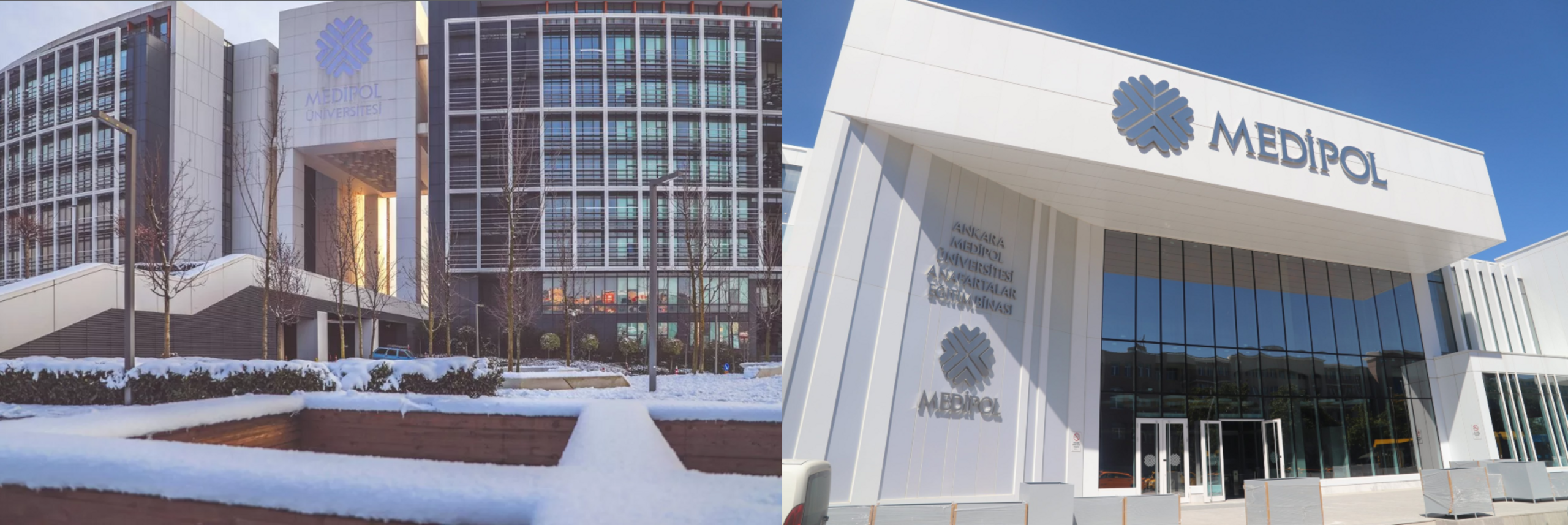
Study in Medipol University in ankara or Istanbul
Medipol University has established itself as a prestigious institution with campuses in two of Turkey’s…
Read More
All About Medical Study Fees in Turkey
It can be said that the fees for studying medicine in Turkey range from 11,500…
Read More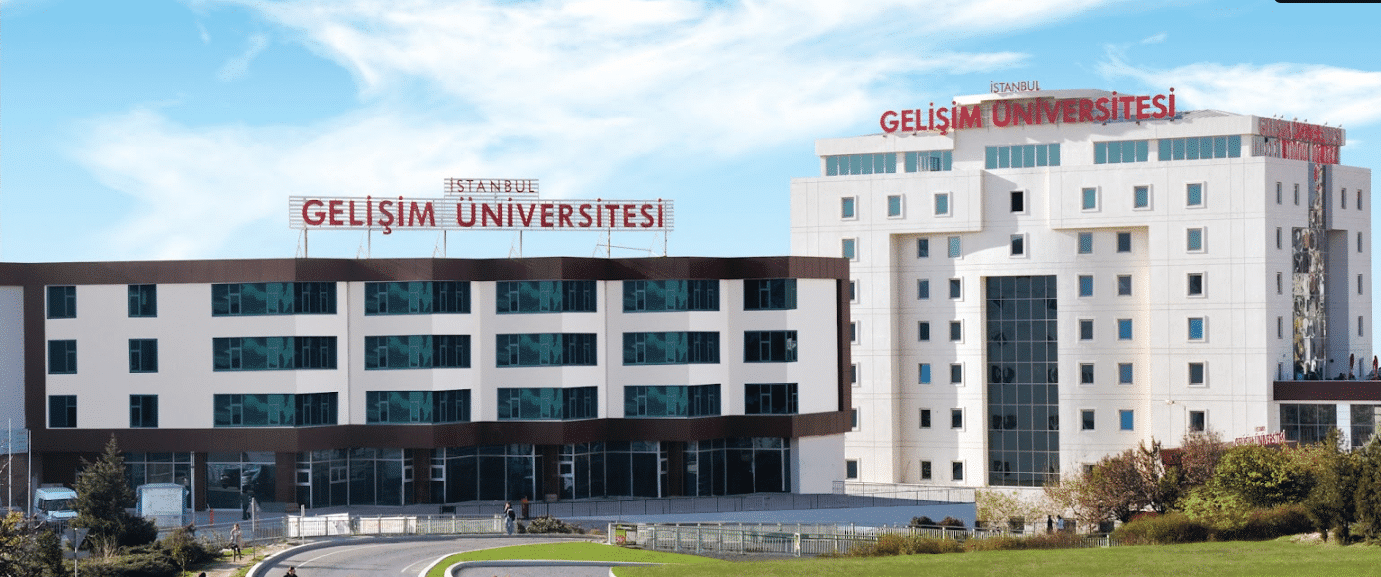
Explore the Majors at Istanbul Gelisim University
If you are looking for a university that combines academic excellence and diversity in disciplines,…
Read More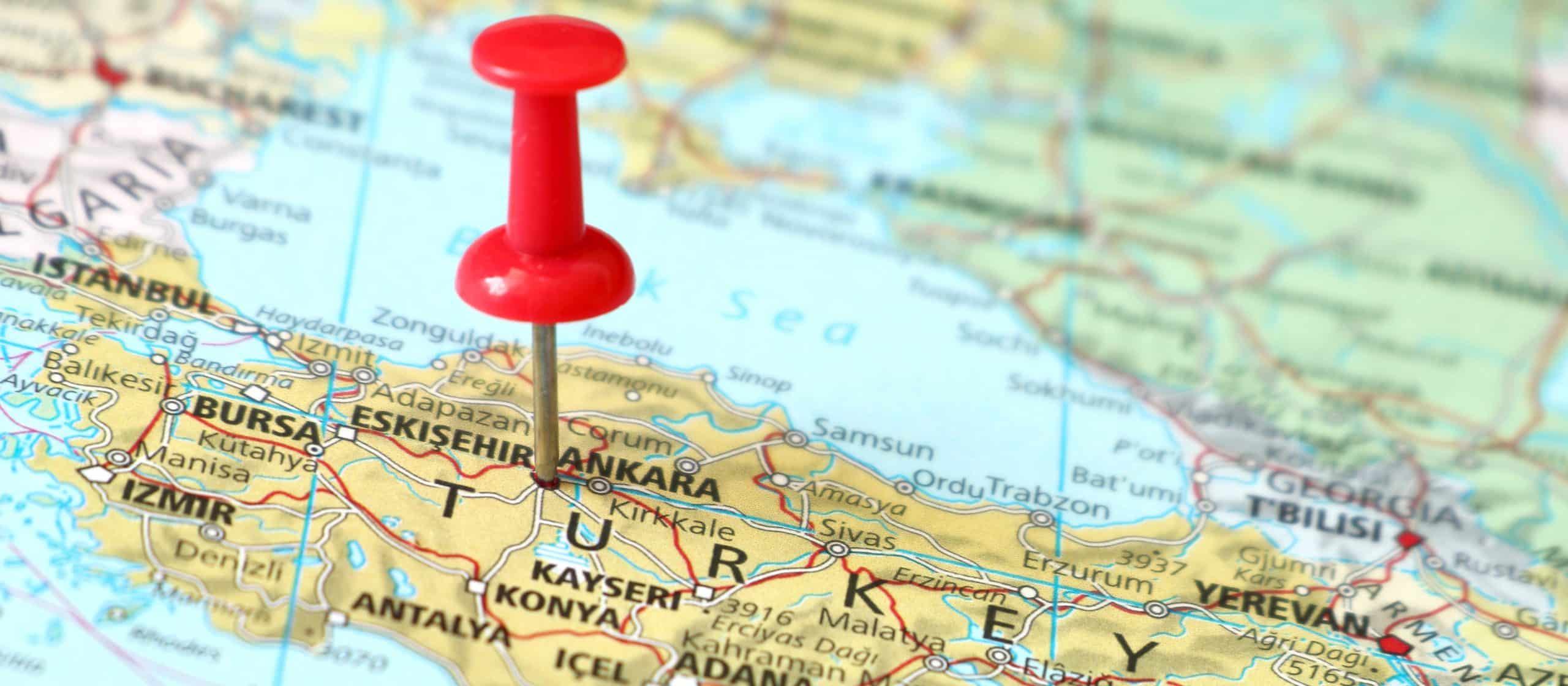
Advantages of Studying in Turkey for Egyptians | A Comprehensive Guide
Turkey has become a popular and preferred destination for international students, including Egyptian students who…
Read More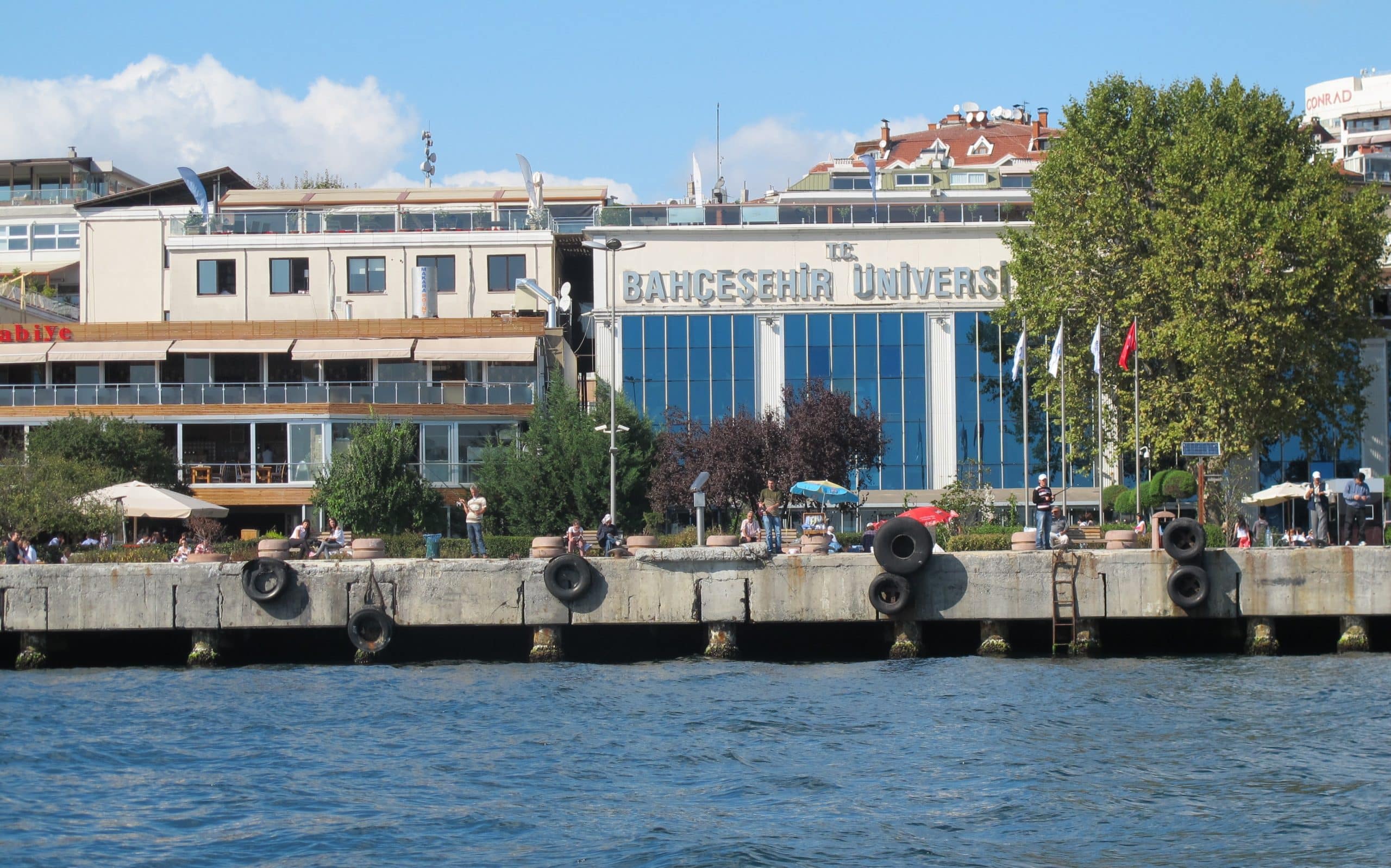
What are the best university majors to study in Turkey?
When it comes to studying abroad, careful consideration should be given to which university major…
Read More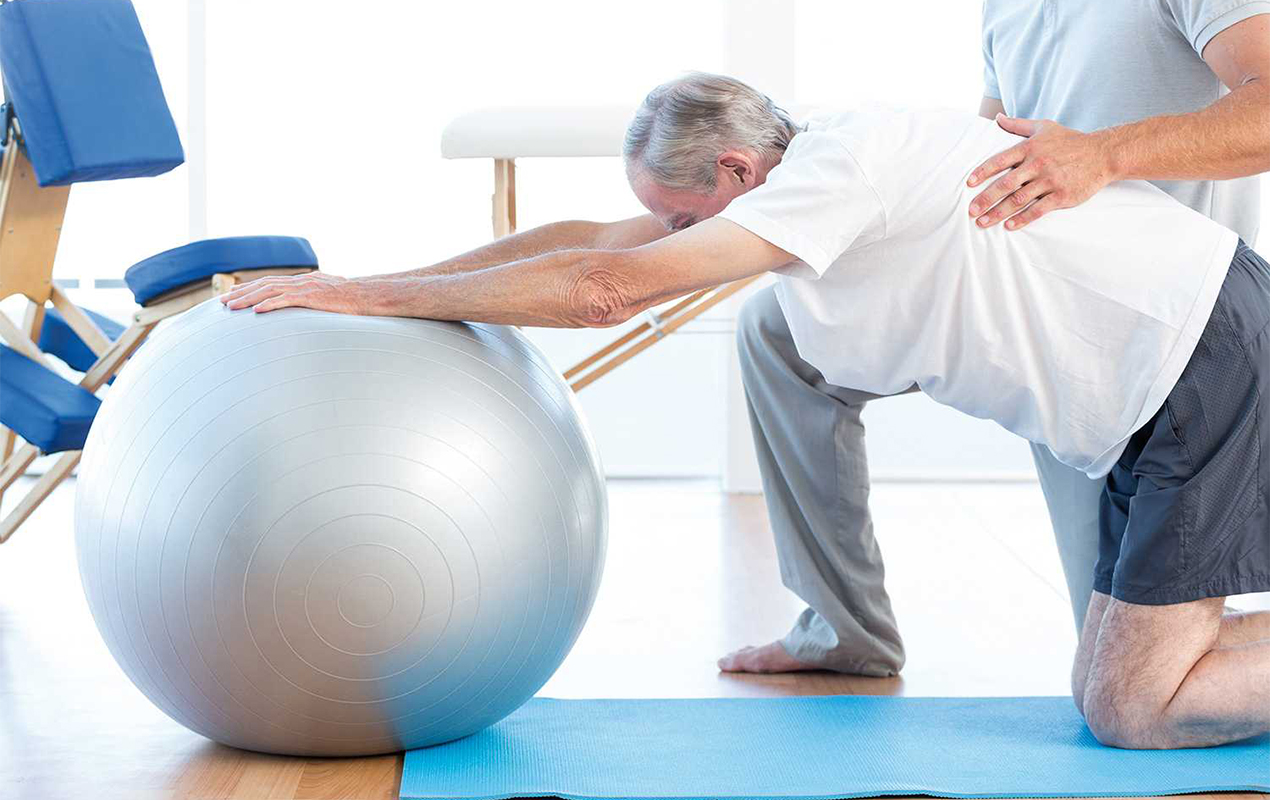
Advantages of Studying Physical Therapy in Turkey
Physical Therapy is a major branch of medical specialties that combines medicine and health in…
Read More
Studying computer science in Turkey | Overview
Studying computer science is one of the most prominent fields in today's technology-driven world. Students…
Read More
Discover the Benefits of Studying Civil Engineering in Turkey
Pursuing civil engineering studies in Turkey represents a significant aspiration for many Arab and international…
Read More
